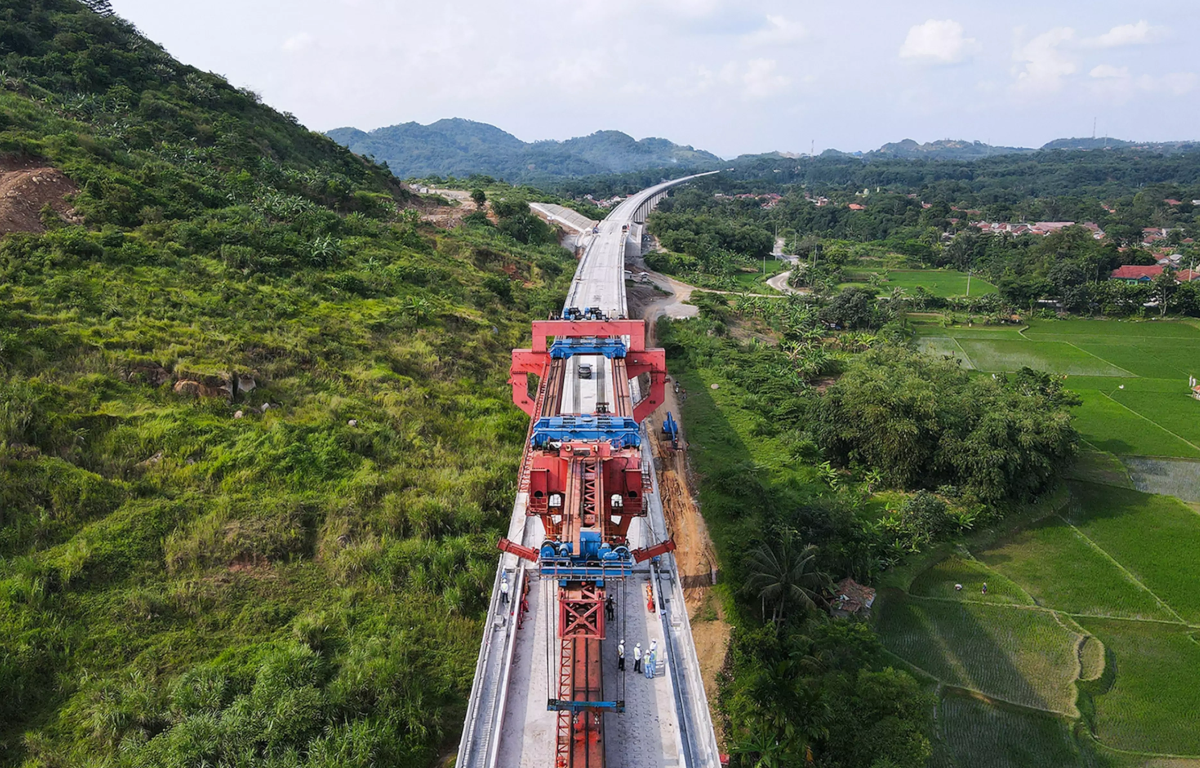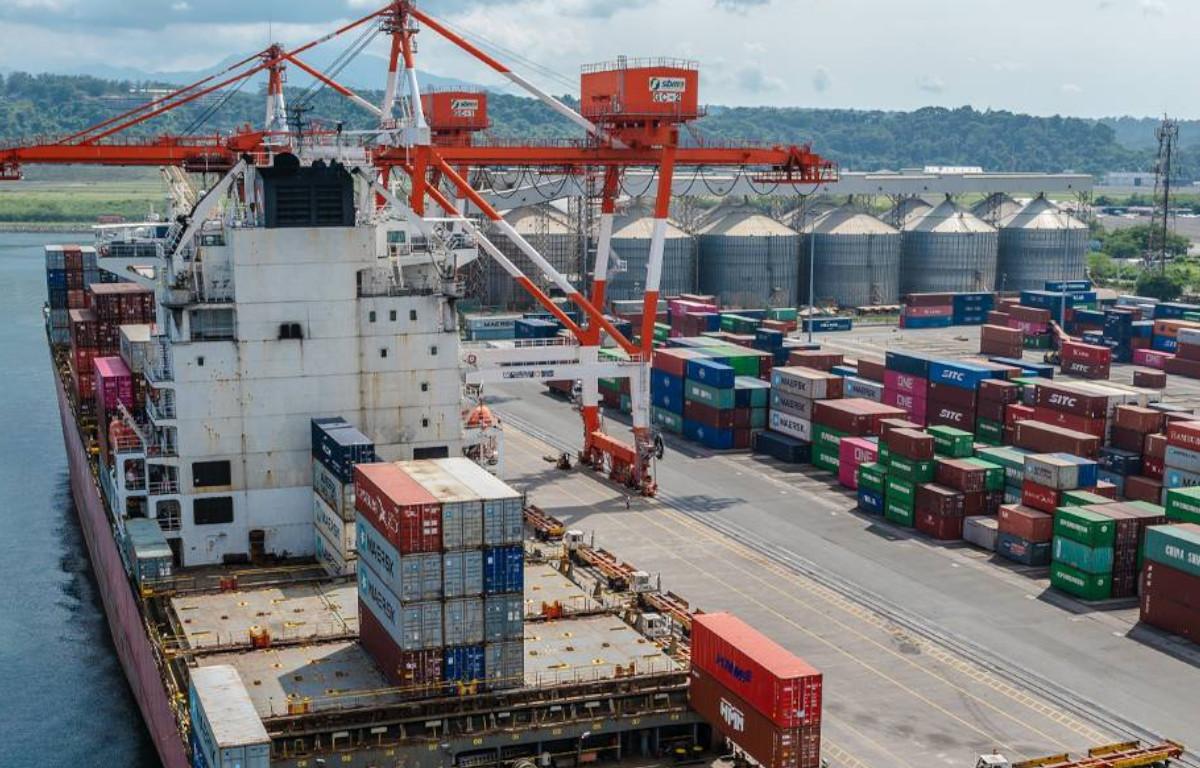
This move comes amidst a backdrop of economic uncertainties, geopolitical tensions, and the need for better preparedness in managing potential financial crises. The decision to enhance these exercises reflects a proactive approach by both nations to mitigate risks and maintain financial stability on a global scale.
Financial shock exercises involve simulating various scenarios that could lead to economic disruptions, such as market crashes, currency crises, or banking system failures. By conducting these exercises, policymakers, regulators, and financial institutions can assess their preparedness, identify vulnerabilities, and implement corrective measures to enhance resilience.
Collaboration between the United States and China in conducting financial shock exercises is significant for several reasons. Firstly, it fosters cooperation and communication between the world’s two largest economies, which are interconnected in global financial markets. Enhancing coordination can help prevent misunderstandings and mitigate the potential impact of financial shocks.
Secondly, these exercises promote transparency and information sharing, critical elements in maintaining market confidence and stability. By openly addressing vulnerabilities and stress-testing financial systems, both countries can instill greater trust among investors, businesses, and consumers.
The decision to intensify financial shock exercises also comes amid geopolitical complexities and trade tensions between the US and China. While both nations have competing interests in various domains, including technology, security, and human rights, the realm of finance remains an area where cooperation is deemed essential for global economic well-being.
By demonstrating a willingness to collaborate on financial resilience measures, the US and China send a signal of responsible leadership in managing shared challenges. This pragmatic approach acknowledges the interconnectedness of economies and the importance of working together to address common risks.
The motivation behind conducting more financial shock exercises is rooted in lessons learned from past financial crises. Events such as the 2008 global financial crisis highlighted the need for robust risk management practices, effective regulatory oversight, and international cooperation in times of economic turmoil.
By proactively simulating crisis scenarios and testing response mechanisms, policymakers and financial institutions can better anticipate challenges, deploy timely interventions, and minimize the systemic impact of potential shocks.
The US-China collaboration on financial shock exercises carries global implications. As major players in the international financial system, their actions can influence market sentiment, investor confidence, and economic stability worldwide. A concerted effort to strengthen financial resilience benefits not only the US and China but also the broader global economy.
Moreover, increased cooperation in financial risk management sets a positive example for other nations, encouraging greater transparency, accountability, and cooperation in addressing shared economic challenges.
As the US and China prepare to conduct more financial shock exercises, the focus remains on enhancing preparedness, promoting stability, and fostering collaboration. While geopolitical tensions persist in other areas, efforts to strengthen financial resilience demonstrate a commitment to responsible global leadership and a recognition of the importance of safeguarding the international financial system.
By prioritizing risk management, coordination, and transparency, the US and China pave the way for a more resilient and stable global economic environment, benefiting economies and stakeholders worldwide.










Share this: